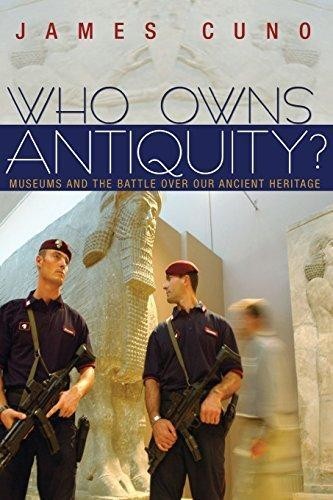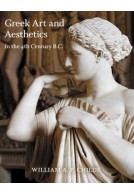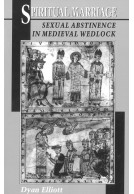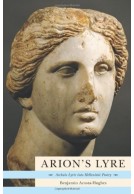Who Owns Antiquity (Paperback)
Imprint: Princeton University Press
Pages: 244
ISBN: 9780691148106
Published: 31st December 2010
Script Academic & Professional
Pages: 244
ISBN: 9780691148106
Published: 31st December 2010
Script Academic & Professional
You'll be £4.95 closer to your next £10.00 credit when you purchase Who Owns Antiquity. What's this?
+£4.99 UK Delivery or free UK delivery if order is over £40
(click here for international delivery rates)
Need a currency converter? Check XE.com for live rates
(click here for international delivery rates)
Need a currency converter? Check XE.com for live rates
In almost certainly the most controversial book we're likely to see about heritage for a long while, James Cuno argues that the current international UNESCO agreements regarding the sale of antiquities are part of the problem rather than the solution. He belives that they encourage what he terms "nationalist retentionism", the hoarding of antiquities by modern nation-states, many of which he argues have little or no connection to the ancient cultures which once occupied the land within their borders. He further argues that the current set-up doesn't stop the sale of looted goods, and in any case that it is better for unprovenanced antiquities to end up in the hands of museums than private collectors. He also promotes a return to the system of partage, whereby finds from digs are split between the host nation and the country sponsoring the archaeology. The crux of his argument is that antiquity is something which cannot be laid to by a nation, but is a global inheritance, and that the best way to present this inheritance is through the "encyclopedic museum", where objects from different cultures can be compared for the advancement of tolerance and the understanding of mankind's past. In setting out this argument the archaeological profession comes under no little fire for collaborating with the current, as he sees it, unjust and nationalist system, but the argument is never fully addressed that it is not just the legal status of objects which is of importance, but the information which they can impart to archaeologists from their proper study and recording in situ. Also never answered is how poorer nations are supposed to acquire "encyclopedic museums" of their own, and how the idea of universal cultural ownership of heritage is ever supposed to apply to any more than the first world. The paperback edition contains a new afterword in which Cuno updates the reader on legal issues and repsonds to some of his critics.
Other titles in Princeton University Press...















